The Feast of the Baptism of the Lord (Year C) - Sunday, 12th January 2025

Quick Glance Summary
- Theme: Jesus revealed as the Beloved Son of God at the start of His public ministry.
- Key Message: Jesus' baptism reveals His commitment to us; our baptism signifies our commitment to Him and His way. This is how we grow into our identity as beloved children of God.
- Reading Summaries:
- First Reading: (Isaiah 42:1-5, 9-11) – The Servant of the Lord is chosen and anointed to bring justice and light to the nations.
- Responsorial Psalm: (Psalm 103/104:1-2, 3-4, 24-25, 27-30) – A hymn of praise for God’s greatness and His Spirit’s life-giving power.
- Second Reading: (Titus 2:11-14; 3:4-7) – Paul speaks of God’s saving grace through Christ, made visible in baptism.
- Gospel: (Luke 3:15-16, 21-22) – At this key moment, we see the Holy Trinity: the Holy Spirit descending on Jesus, and the voice of the Father identifying him saying, “You are my beloved Son.”
Gospel Reading
The Feast of the Baptism of the Lord (Year C) – 12th January 2025Gospel: Luke 3:15-16, 21-22
A feeling of expectancy had grown among the people, who were beginning to think that John might be the Christ, so John declared before them all, “I baptise you with water, but someone is coming, someone who is more powerful than I am, and I am not fit to undo the strap of his sandals; he will baptise you with the Holy Spirit and fire.”Now when all the people had been baptised and while Jesus, after his own baptism, was at prayer, heaven opened, and the Holy Spirit descended on him in bodily shape, like a dove. And a voice came from heaven, “You are my Son, the Beloved; my favour rests on you.”
Overview of the Gospel Passage
After his Baptism, the Spirit descends on Jesus, marking the start of his journey, his mission. In the same way, the Spirit will come to those gathered in the Upper Room at Pentecost, marking the start of their journey, their mission. The coming of the Spirit is a key moment in the life of Jesus. While Jesus’s baptism was an event, it was also a new beginning. The journey of Jesus began in his coming from heaven in the Incarnation; it continued in his baptism; it led to the cross and to the glorification of Jesus in his Resurrection and Ascension. Jesus will return in that same glory on the Last Day to complete not only his journey, but to complete all our journeys. In a similar way, our baptism is but the start of our journey through this life to eternal life. We are joined with Jesus in walking in the same way as he himself walked and taught.
Connecting the Gospel to Today's Cultural Context
The world of today entices us to believe that we are completely free of any constraint, that we are entitled to fulfil any wish or desire (with only the law to limit us). We are beholden to no one. Our society has taken this in and the result is a lot of loneliness. When everyone is at the centre of their own world, no one has time for anyone else - even family - particularly those of us who are vulnerable and who need the support of others.
Today’s feast has a very different message. At the start of the baptism ceremony, the minister says over the child: I claim you for Christ our Saviour. This is a strange thing to say before the parent, that you are claiming their child! And yet that is the message of the Christmas Season in general and of this day in particular: you and I are children of God. That’s what the Christmas Day Gospel tells us: Jesus came to give us power to become Children of God. Being children of God automatically makes us ‘brothers and sisters’ to each other. In other words, we are connected - not self-centred, self-sufficient - human beings.
And baptism is where the journey begins for us. When we are connected to others, we will always be ‘on call’… and it is in answering that call that we will work our way to heaven. That call comes in many ways: through those who are in need, through those who love us, through those who teach us, through our family, and so on. Heaven and earth are different in many ways, but they’re not completely different. The things that make us happy in heaven are the very same things that make us happy on earth. The qualities that will shine bright in heaven are already lit up in us on earth. And Jesus came that we might cultivate the makings of heaven in us by the way that we are engaging in life today, particularly with the strength that comes from trusting that we are beloved of God (as a child is beloved of a good parent or grandparent). This is part of what it means to live our baptism.
Reflection Questions with Responses
- Who or what groups might find these readings especially helpful?
- Those searching for identity and purpose, as the Father’s words affirm our identity as beloved children of God.
- Parents preparing their children for baptism, who may be encouraged to view the sacrament as a life-changing gift.
- People feeling disconnected from God, who are reminded of their baptismal call to intimacy with Him.
- What human weaknesses do they address, and what virtues do they aim to strengthen?
- Weaknesses: Pride, doubt, and spiritual apathy.
- Virtues: Humility, trust in God, and renewal of faith. For instance, Jesus’ act of being baptised despite His divine nature exemplifies humility and submission to God’s plan.
- What is the feeling tone of each reading?
- First Reading: Hopeful and serene, presenting God’s justice and mission for His Servant.
- Psalm: Joyful and reverent, praising God’s creative and sustaining power.
- Second Reading: Grateful and enlightening, reflecting on God’s saving grace.
- Gospel: Transformative and affirming, with the Spirit and Father affirming Jesus’ identity and mission.
- Which saints or well-known figures exemplify the message of each reading?
- First Reading: St. Oscar Romero, who worked for justice and peace, embodying the mission of the Servant.
- Psalm: St. Francis of Assisi, whose praise of creation mirrors the psalmist’s words.
- Second Reading: St. Augustine, who emphasised grace and transformation through Christ.
- Gospel: St. John the Baptist, who humbly pointed to Christ’s greatness.
- What works of art, poems, or pieces of music provide insight into the message?
- Art: "The Baptism of Christ" by Andrea del Verrocchio and Leonardo da Vinci, beautifully depicting the Trinitarian moment.
- Music: "Spirit of the Living God" (hymn), reflecting the Spirit’s transformative power.
- Poem: T.S. Eliot’s "Journey of the Magi," reflecting both the manifestation of Christ and the consequent change in life journey to which it invites us. The Baptism reveals Jesus as God’s beloved Son. Like the Magi, we move beyond being mere ‘observers’ to a different approach to life.
- Where has the message of these readings been true in my life or those close to me, and is there a story I can share about that? Reflect on a moment of renewal, such as witnessing a baptism that inspired a deeper appreciation of faith. Share how living out your baptismal promises has brought clarity or peace amidst challenges. Speak about how having a child can make a parent aware of the need for an ideal and for cultivating the child if they are not to fall prey to the worst of today’s self-seeking and self-obsessed culture.

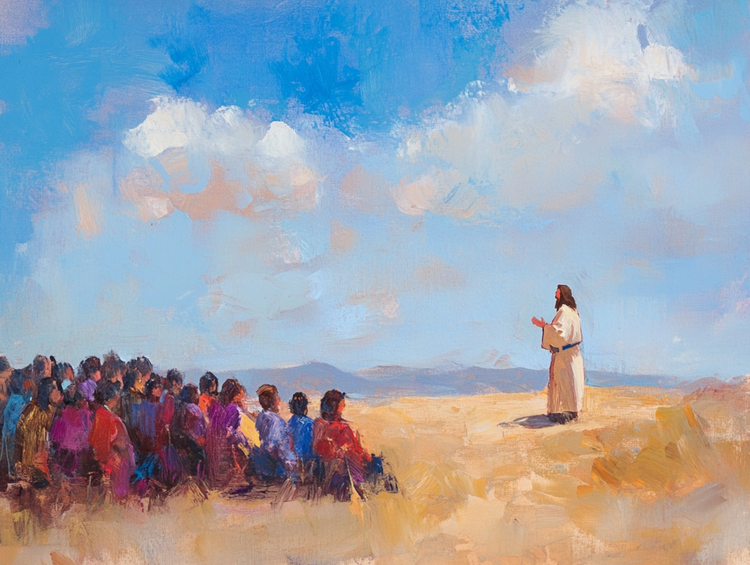
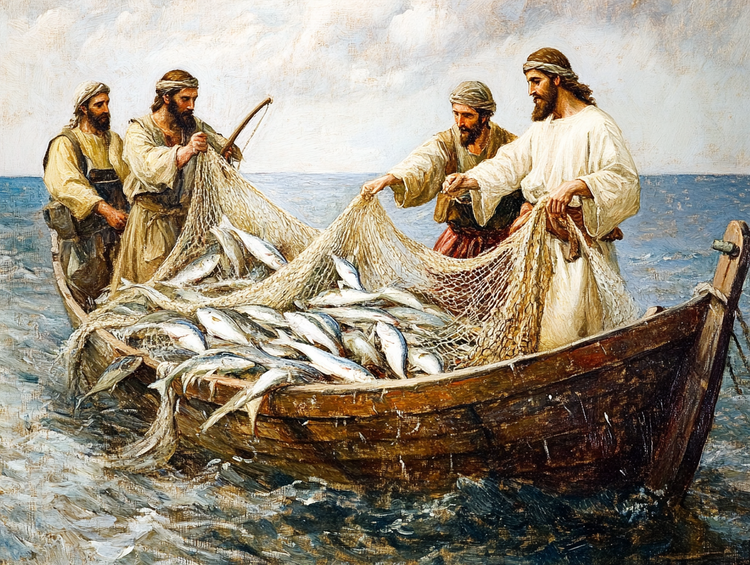
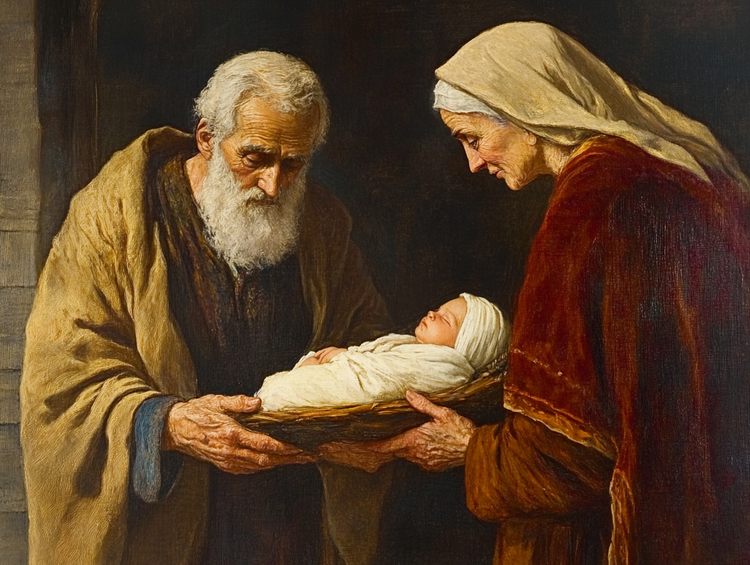
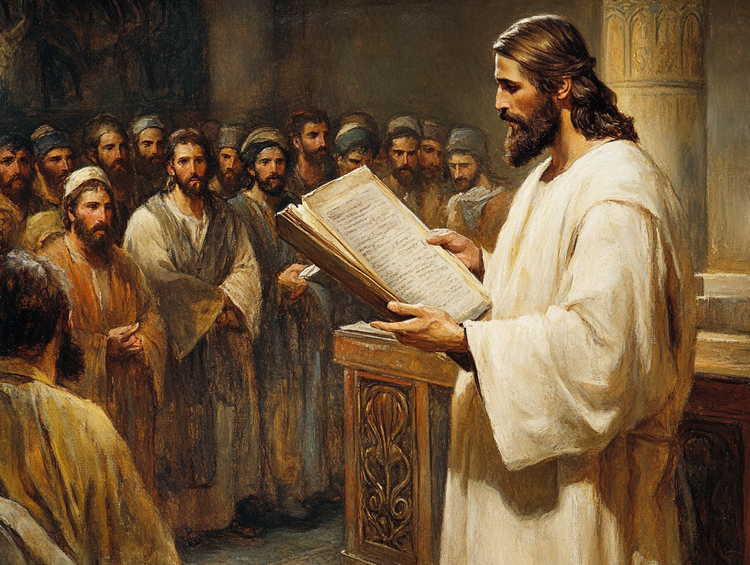
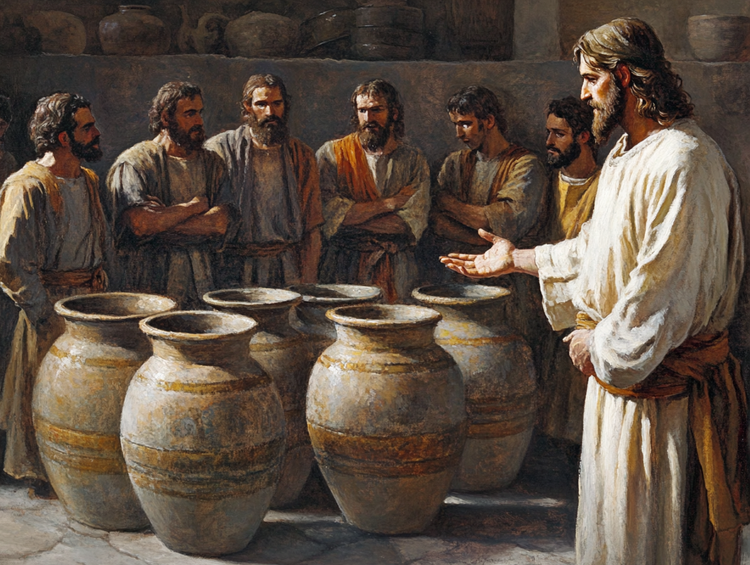
Member discussion